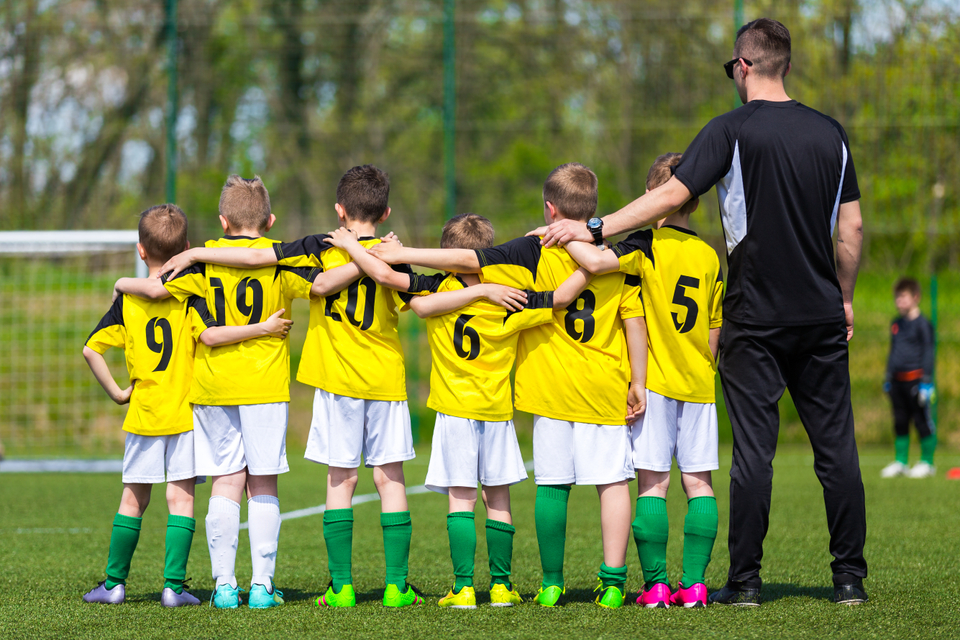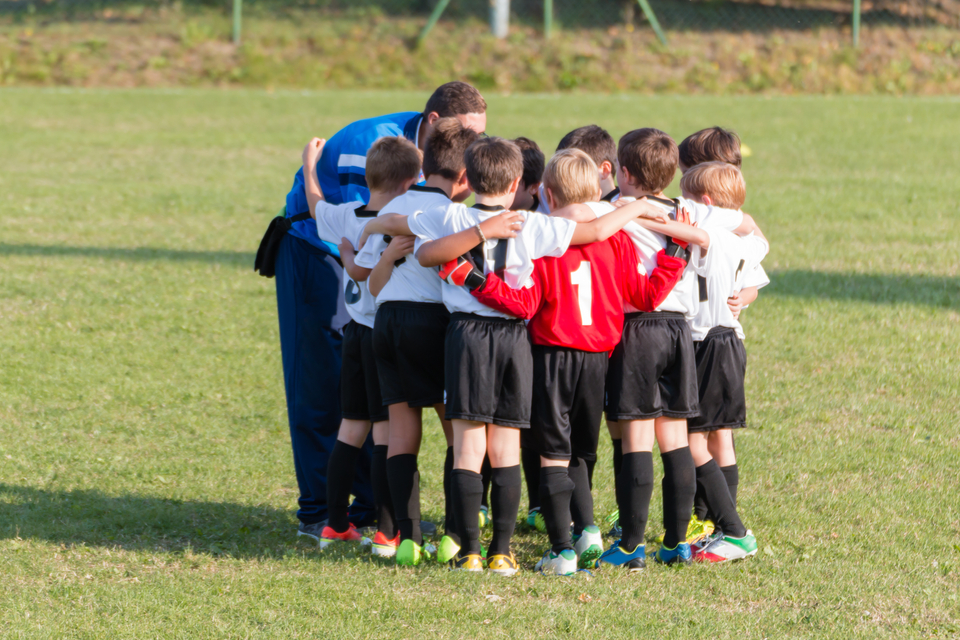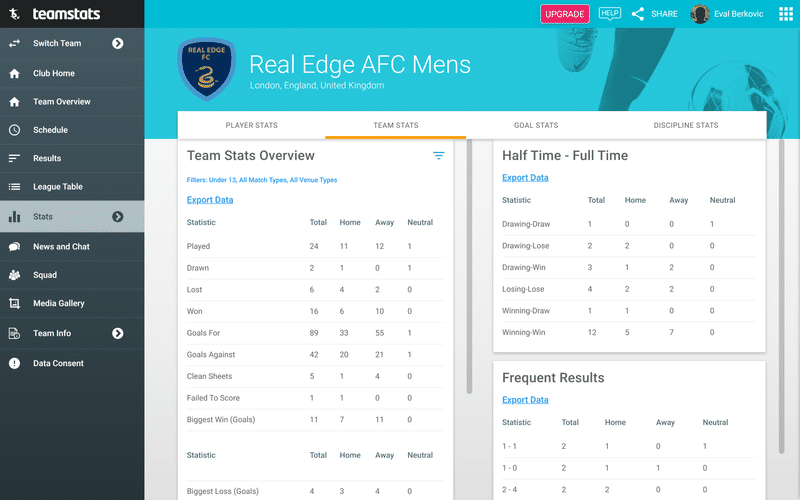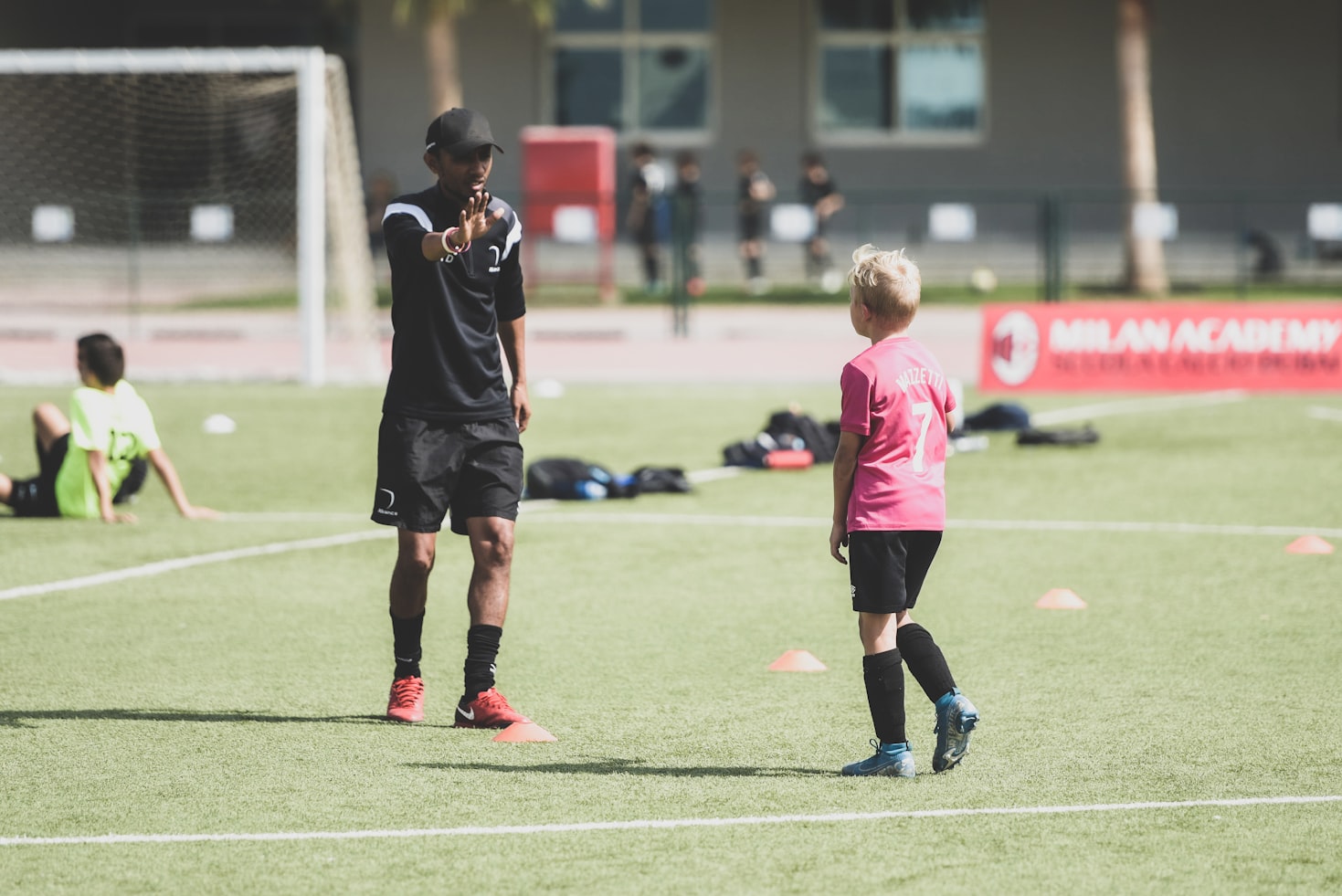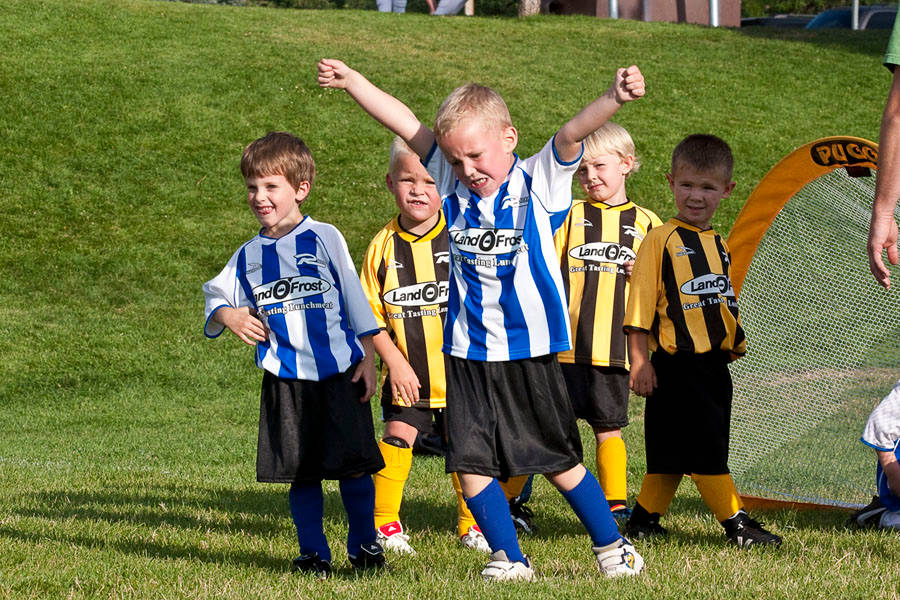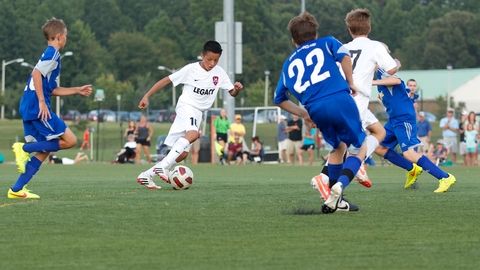
I was recently clearing out my office / spare room and came across an old diary which of course I couldn’t help but flick through.
It was from the year that I first started as Junior Football Coach and looking back through each week I was amazed by just how much of the week was dominated by being a Junior Football coach, it utterly took over!
I’m sure most Junior Football coaches experience is the same but once you’re in, it is like having an extra job!
Between organising pitches, kits, availability of players, training sessions, equipment, lifts to games etc it can quickly take over your life.
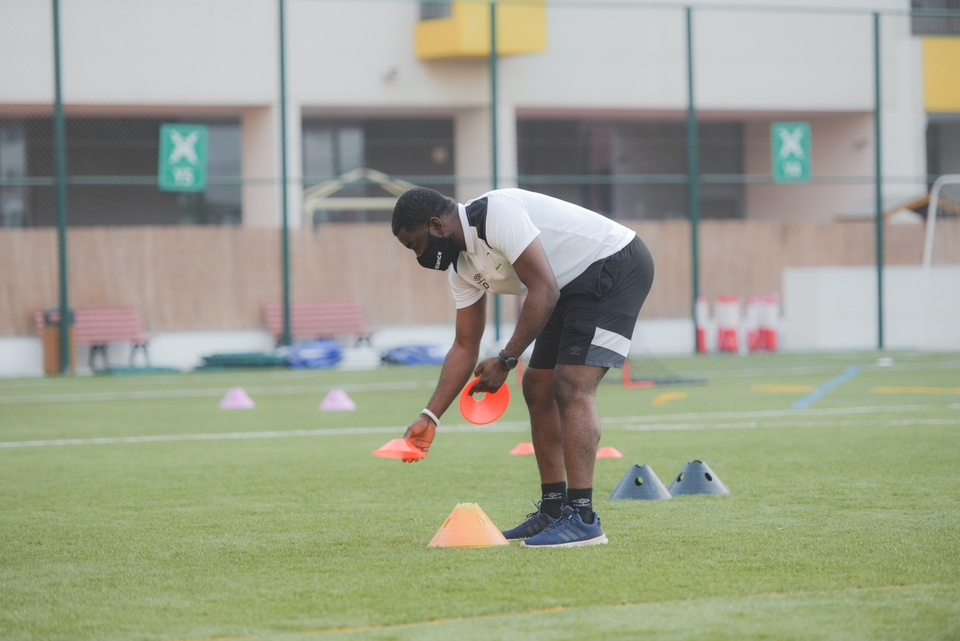
A typical week may involve at any one time:
Monday
Review the previous day’s game and identify areas for improvement for the team and individual players.
Plan the upcoming week's training session, including drills and exercises to work on specific skills.
Communicate with parents and players about weekly training session and next game.
Tuesday
Research online for session plans to ensure weekly training session is effective.
Ensure all necessary equipment, such as cones, balls, or training bibs are cleaned and ready for training.
Coordinate with the club to arrange use of shared pitch for upcoming game on Sunday.
Confirm kick off time.
Try to secure referee for game.
Wednesday
Confirm kick off time with referee / parents Check availability of squad for next game Send full match details to opposition
Thursday
Deliver the training session, including warm-up and technical drills.
Observe and provide feedback to group on their performance and progress.
Evaluate the effectiveness of the training session and adjust the plan for future sessions as necessary.
Friday
Communicate with parents of players absent from last night’s training about arrangements for next game Organise lifts for player unable to get themselves to game Check equipment and review additional coaching resources to support the team in next game.
Saturday
Final reminder communication
Sunday
Set up pitch for play including goals / nets and respect barrier.
Deliver the game plan for the upcoming match, including team tactics and individual player roles.
Coach the team during the game, providing feedback and support to players as necessary.
Evaluate the team's performance after the game and identify areas for improvement.

That is really just an overview based on some notes scribbled in a diary and my own recollections although any given week could throw up additional responsibilities around coaching / safeguarding /first aid workshops, kits, player registrations and so much more.
It’s difficult to quantify how much time is needed to be a Junior Grassroots Football Coach although everybody who has done it would acknowledge that it’s a significant undertaking.
Being a Junior Grassroots Football Coach requires a lot of time, dedication, and passion for the sport. However, it is unquestionably one of the most rewarding things you can do.
The opportunity to help young people, for which they are often very grateful, is a fantastic experience and one I’m glad I’ve done.
There’s no doubt that with the right preparation and resources, coaches can help develop their players' skills and create a fun and rewarding experience for everyone involved.
I embarked on my journey as a coach fuelled by my passion for the game and a desire to help my son and other young players develop their skills and love for football.
I had a vision of inspiring the next generation of football stars, but I soon came to realise that I’d had a romantic view of what was involved and had severely underestimated the commitment required for the role.
When I first started, I was under the impression that coaching would be primarily about running a few fun training sessions each week and watching kids play matches on the weekends.
Little did I know that it would entail an enormous amount of time and effort to ensure that everything runs smoothly.
The biggest thing was the time commitment.
I felt I had to plan and prepare for each training session, ensuring that they were not only enjoyable but also educational.
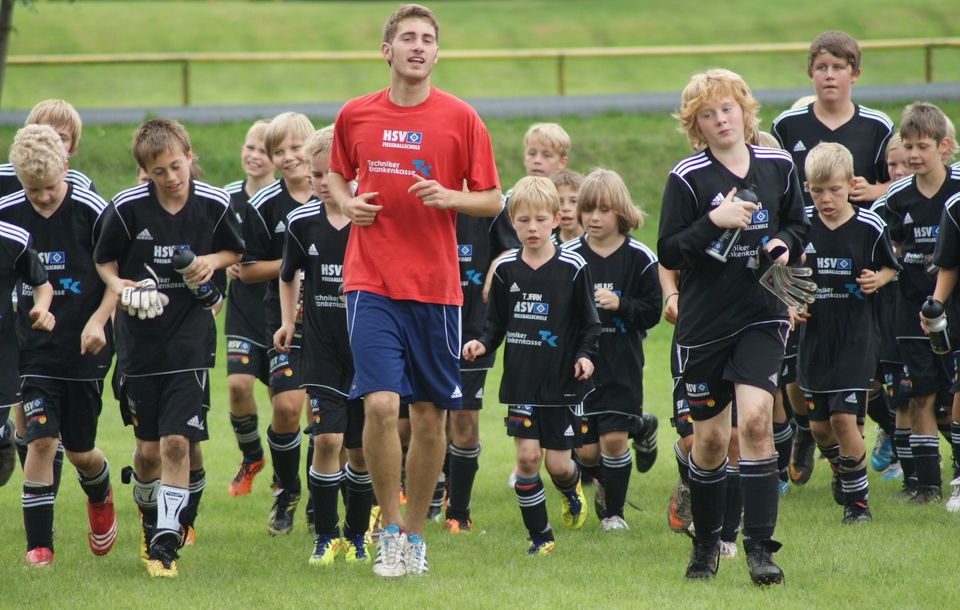
Creating a wellstructured session plan that caters to the diverse skill levels of the players was more time consuming than I initially thought.
I soon found myself spending countless hours designing sessions that would engage the kids and help them improve.
Additionally, managing logistics was a challenging aspect of the role.
Organising the pitch, communication with refs, parents and volunteers seemed endless.
The unpredictable British weather added another layer of complexity, necessitating last-minute adjustments to training sessions and matches.
Trying to provide personalised feedback to players and discussing their progress with parents was a time consuming but important task.
It allowed me to build trust with the players and their families, but it also meant dedicating extra hours to these conversations.
While I was fully committed to the task of coaching, I began to feel that there was very little spare time left in my life.
The weekends, which were once a time for relaxation and leisure, became the busiest days. Sundays were filled with matches and all their logistical issues followed by post-match feedback to players and parents.
Balancing the demands of the role with other personal and professional commitments was challenging. Social outings and personal time seemed to dwindle as my dedication to coaching intensified.
Looking back I think I probably tried to do too much by myself at the start and should have engaged more help from parents and volunteers. Parents and volunteers play a vital role. As coaches we are volunteers ourselves and we know that parents of players share the same passion for the game and are willing to invest their time and energy to help young players thrive.
Parents can offer logistical support, help with transportation, and contribute to the whole culture of community surrounding the team.
They're there to cheer on their children and provide encouragement and whilst this can be utilised to help the team and take pressure away from the coach it’s also important to manage expectations and ensure that the focus remains on player development and sportsmanship rather than just winning.
As mentioned, Coaching Junior Grassroots Football is a rewarding but challenging endeavour.
The joy of seeing young players develop their skills, make friends, and grow into well-rounded individuals is immeasurable.
As Coaches we often form close bonds with our players, and the pride we feel when witnessing their progress on and off the field is a wonderfully heart warming experience.
